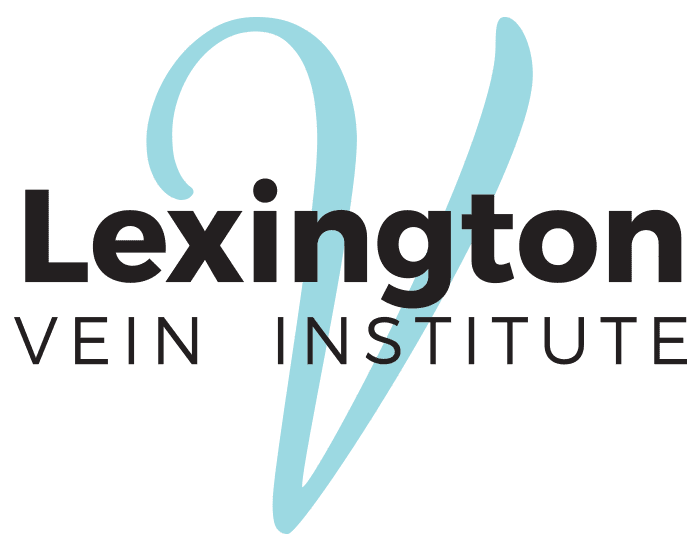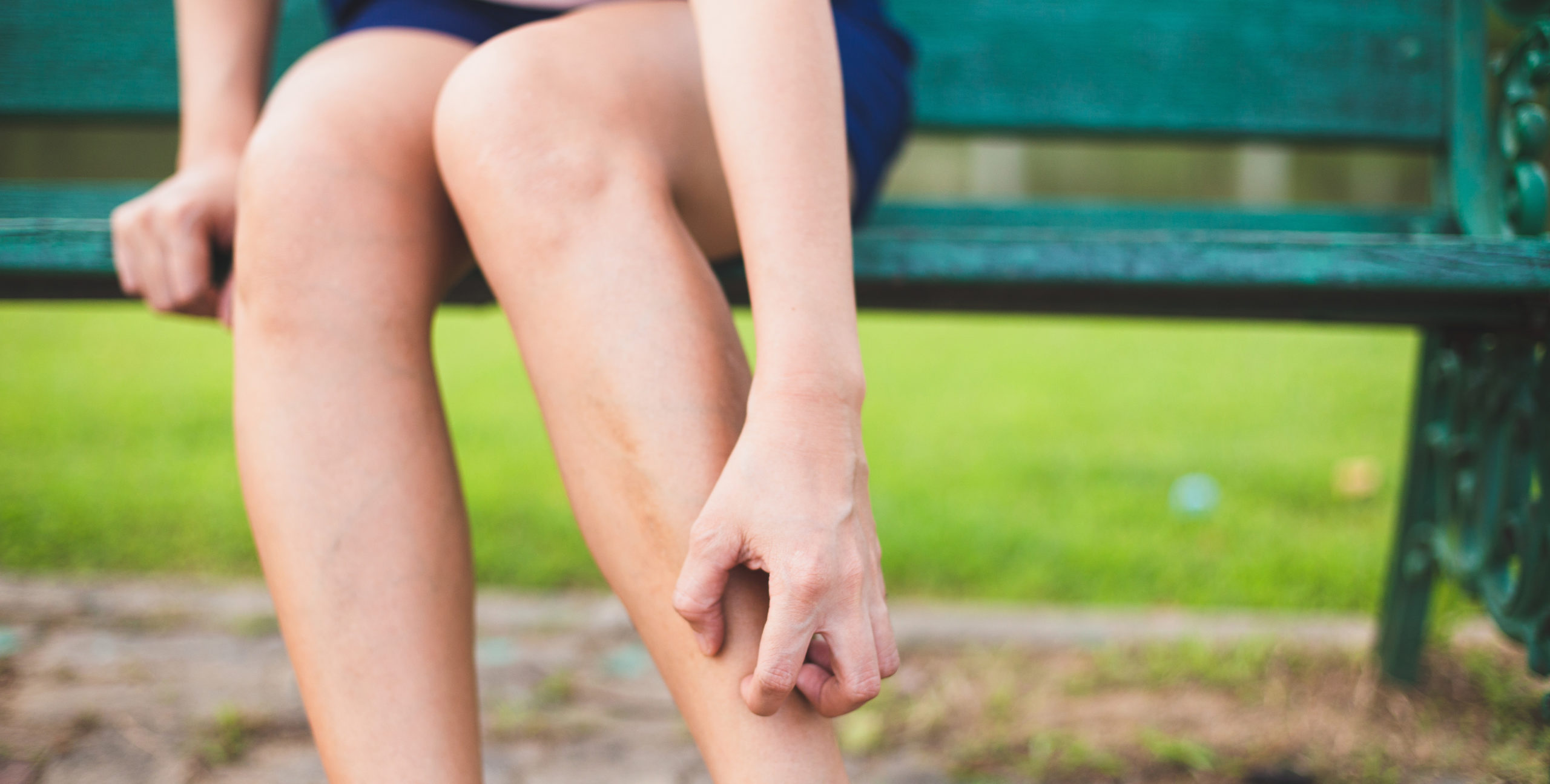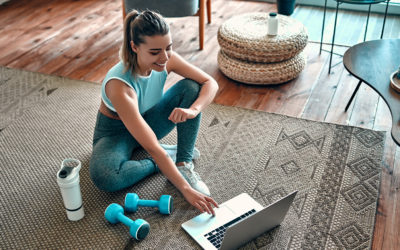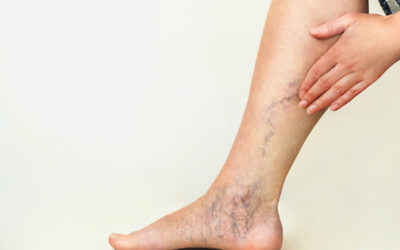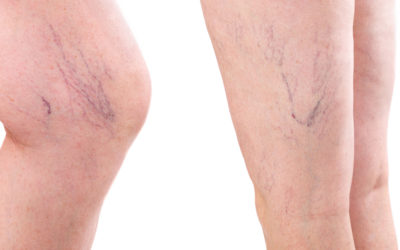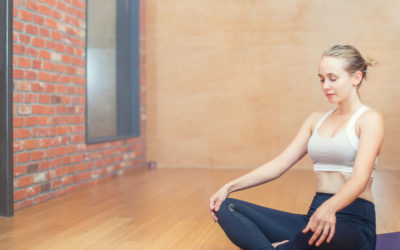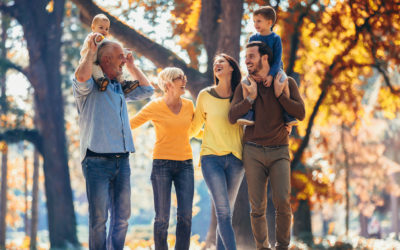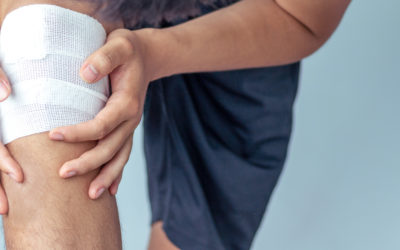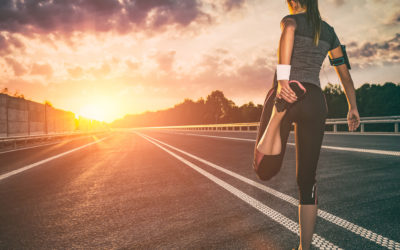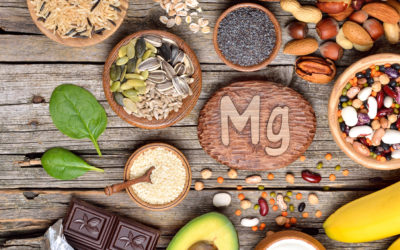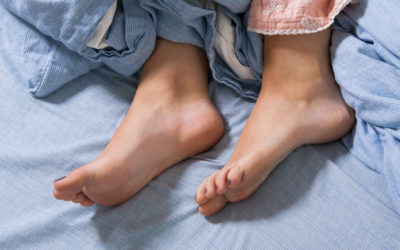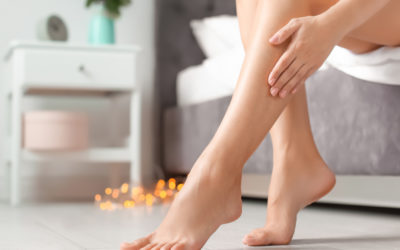Your varicose veins may cause an uncomfortable, itching sensation, but you don’t have to suffer. Here’s why your varicose veins itch and what you can do about it. Varicose veins can be painful sometimes. However, additional hidden symptoms of varicose veins may occur if the veins are not treated. In addition to causing discomfort and making your legs feel heavy, they can also cause your skin to itch.
The best way to keep the itchiness of varicose veins at bay is to manage the veins themselves. Keeping your legs elevated and making other lifestyle changes can prevent the varicose veins you have from getting worse.
What Causes Itchy Varicose Veins?
Varicose veins are usually located close to the skin’s surface. Their damaged valves prevent blood from flowing back toward the heart causing a condition called venous stasis dermatitis (Varicose Eczema). This condition occurs when there is a circulation problem in the veins, generally in the leg veins.
Since it’s hard for blood to travel back to the heart through damaged valves, blood starts to build up in damaged vessels and leak out into the skin. Then, the leaky blood vessels might lead to not enough oxygen reaching the skin. Therefore, the irritated skin in the affected area may turn red and get itchy.
Itchy Varicose Veins Treatment Options
The best way to break the cycle of irritation is to leave the skin alone. Although, not scratching those itchy varicose veins seem impossible, but this is one way to prevent them from getting worse. Beyond that, it’s important to address the real problem which is treating your varicose veins.
Home Remedies
There are a couple of things that you can do on a daily basis that can help with your varicose veins at home. Exercising is crucial because the large muscles in your legs contribute to helping your veins and valves to push the blood back to the heart. It’s also helpful to wear compression stockings, which are tighter at the bottom than the top and can, therefore, help the blood get back to the heart. If you’re resting or lying down, be sure to keep your feet elevated.
Minimally Invasive Treatment Options
Fadi Bacha, MD is a vein specialist who is board-certified in internal medicine by the ABIM, diplomat by the American Board of Vein and Lymphatic, board-certified in anti-aging medicine by the American Academy of Anti-Aging Medicine A4M, and a registered physician vascular interpreter by APCA.
Here at Lexington Vein Institute located in Lexington, KY, we offer a variety of treatment options that can help with your venous insufficiency problem.
Sclerotherapy
Sclerotherapy treatment is a minimally invasive procedure that treats varicose veins, reticular veins, and spider veins. It involves injecting chemicals, known as sclerosing agents, into damaged veins.
Endovenous Laser Ablation Therapy (EVLT)
Endovenous Laser Ablation Therapy (EVLT) is a minimally invasive procedure that uses catheters, lasers, and ultrasound for varicose veins treatments. This procedure is performed most often on veins that are still relatively straight and untwisted.
Phlebectomy
Dr. Bacha uses phlebectomy as one of the treatments for varicose veins. Dr. Bacha makes a series of small incisions in the skin next to the enlarged vein and inserts a hook under the surface of the skin to remove the varicose vein.
Contact the Lexington Vein Institute today to schedule an appointment and discuss your vascular issues with the best vein center in Lexington, KY and it’s surrounding areas.
